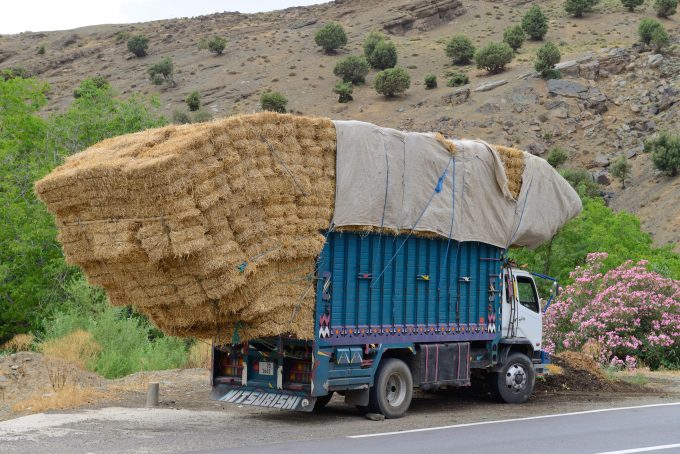Pricing deterrents have 'negligible impact' on shipping emissions, says study
Transport and Environment (T&E) has urged regulatory bodies to adopt “bespoke action” in reducing shipping ...

Shippers have given a mixed response to France’s decision to implement an EU directive limiting cross-border load weights to 40 tonnes.
From 1 January 2022, French border forces will begin enforcing EU Directive 96/53/EC, limiting the rolling weight of articulated vehicles with more than four axles to 40 tonnes – seven years after the EC introduced the rule.
An International Road Transport Union (IRU) spokesperson told The Loadstar: “We welcome the news. It has created legal certainty for companies established in and ...
Volcanic disruption at Anchorage could hit transpacific airfreight operations
Shippers snap up airfreight capacity to US ahead of tariff deadline
New price hikes may slow ocean spot rate slide – but for how long?
Tighter EU import requirements proving 'a challenge' for forwarders
Looming Trump tariffs will create 'a bureaucratic monster' for Customs
Airfreight demand expected to weaken through Q2
Forwarders stay cool as US 'liberation day' tariffs threaten 'global trade war'

Comment on this article